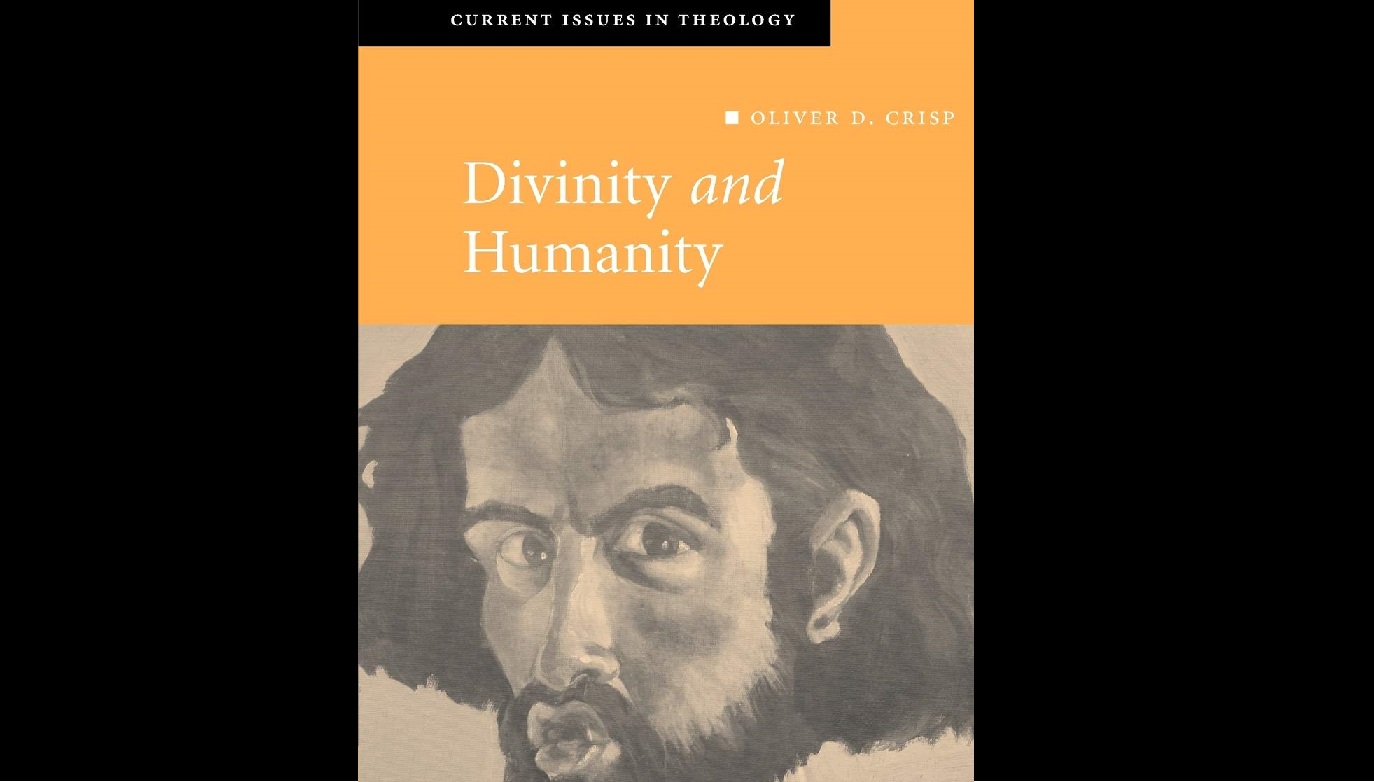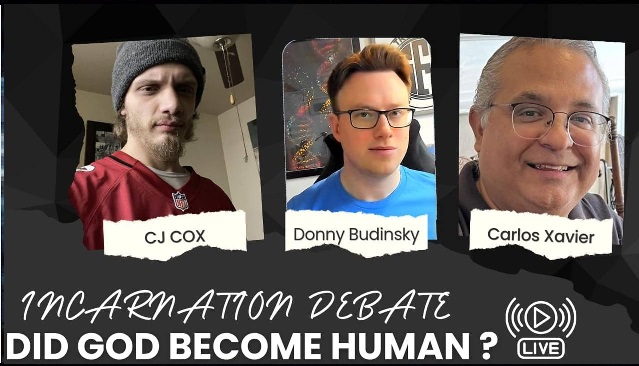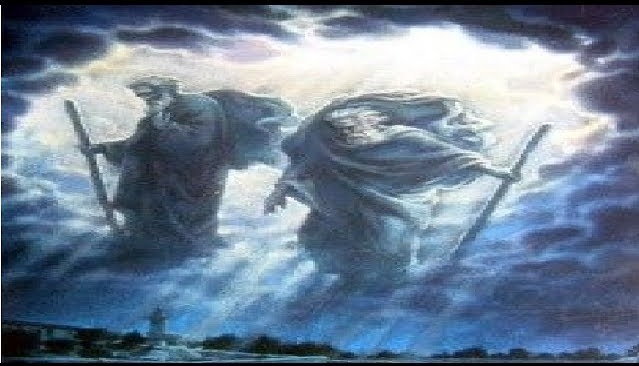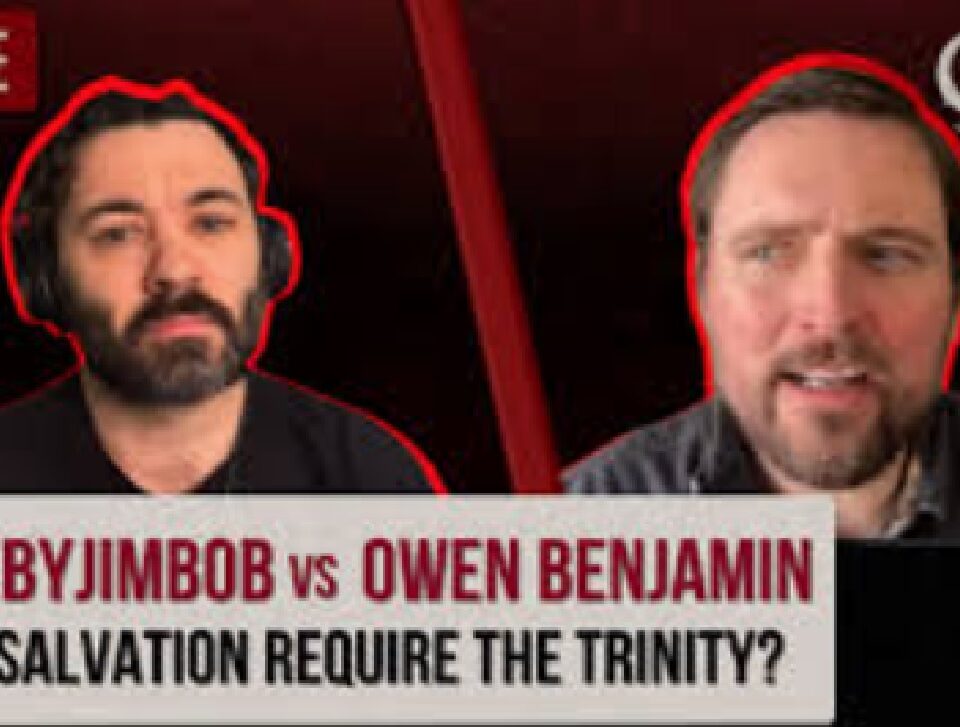
Two wills of Christ: monothelitism
January 7, 2024
Trinity Debate on Incarnation
February 19, 2024Two Powers in Heaven heresy

ed. Colin Brown, New International Dictionary of New Testament Theology, p 608.
“The Rabbis were fighting the doctrine of the two powers to which dualistic and gnostic thinkers and exegetes attributed the creation of the world (Gen.R. 1 :10; cf. B. San. 38a and B. Hag. 15a). Such views were rightly condemned as heretical, for they endangered Jewish monotheism.”
McGrath, The Only True God, “6: Two Powers Heresy: Rethinking (and Redating) the Parting of Ways between Jewish and Christian Monotheism”
We have seen that Segal’s work on two powers, although widely accepted and obviously a very important contribution to this field, is not without shortcomings, and at points the evidence is open to interpretations other than those argued for by Segal. It has been noted that there is no passage in the Mishnah or Tosefta which explicitly mentions “two powers” or which requires reference to that heresy in order to be understood. Alleged connections with early tannaim are also suspect in view of the late date of the documents which first associate them with the two powers heresy. A plausible setting can be given to the “heresy” and the controversies it caused in the late second and subsequent centuries, when the issue of the relationship between God and creation became an issue of debate for philosophers, Christians, and Gnostics. Therefore, there is good reason to conclude that certain conceptualities later condemned as two powers heresy would not have been controversial in the first century. In short, this study suggests that it is anachronistic to interpret Jewish and Christian documents from this period as reflecting “two powers” heresy. Rather, they represent the form that Jewish and Judeo-Christian monotheism took in this period. That “monotheism” in early Judaism and Christianity meant something other than what it means to many today is the result of a complex historical process, wherein many new issues have regularly appeared, and new definitions have been formulated to deal with the new issues that have arisen. We do not necessarily need to think of God in the same way that previous generations did; indeed, it would be surprising if our thinking about these matters were to remain completely static for millennia. But in reading and studying these ancient texts, if we are to do justice to what they actually say, it is crucial that we respect the historical distance between ourselves and their authors, and that includes recognizing that while it is not entirely inappropriate to call their devotion to one God “monotheism,” the pattern of belief being spoken about is not simply the same as the views that bear this label today, and in some respects there are highly significant differences.
Segal, Two Powers, ix; cf. 215.
“It became clear that ‘two powers in heaven’ was a very early category of heresy, earlier than Jesus, if Philo is a trustworthy witness, and one of the basic categories by which the rabbis perceived the new phenomenon of Christianity.”

